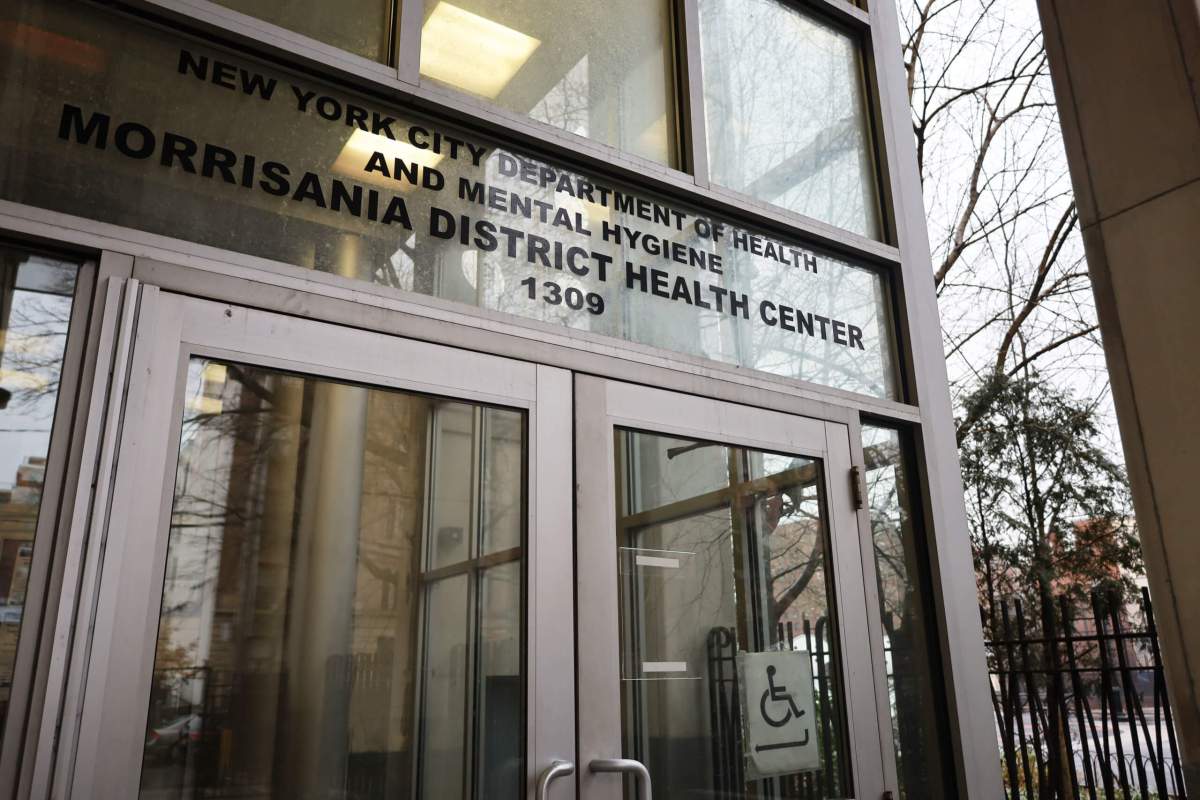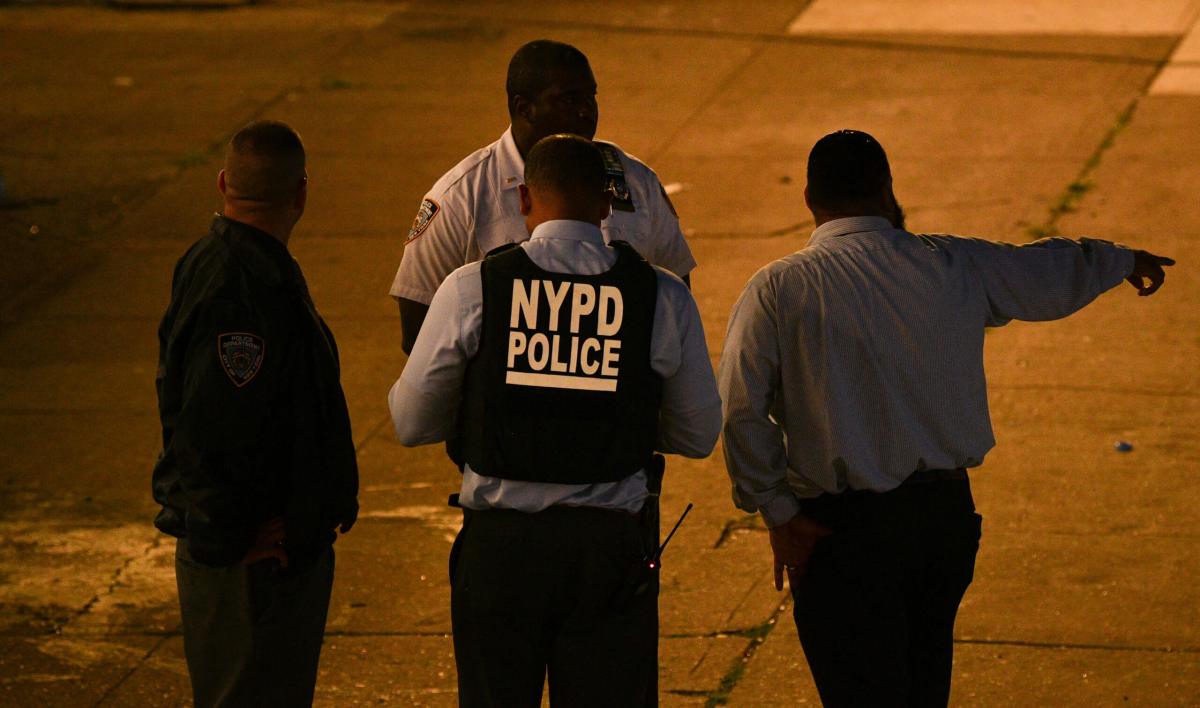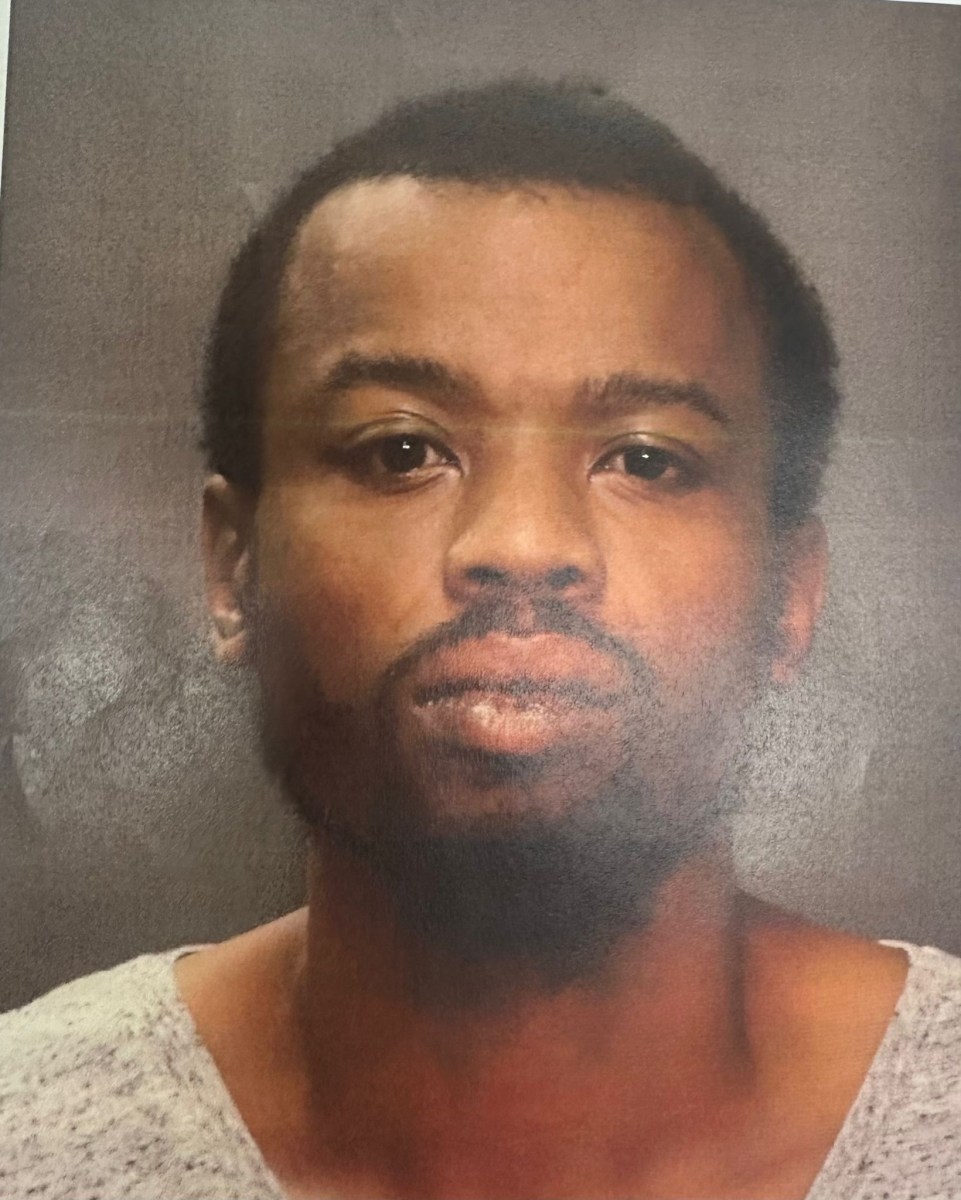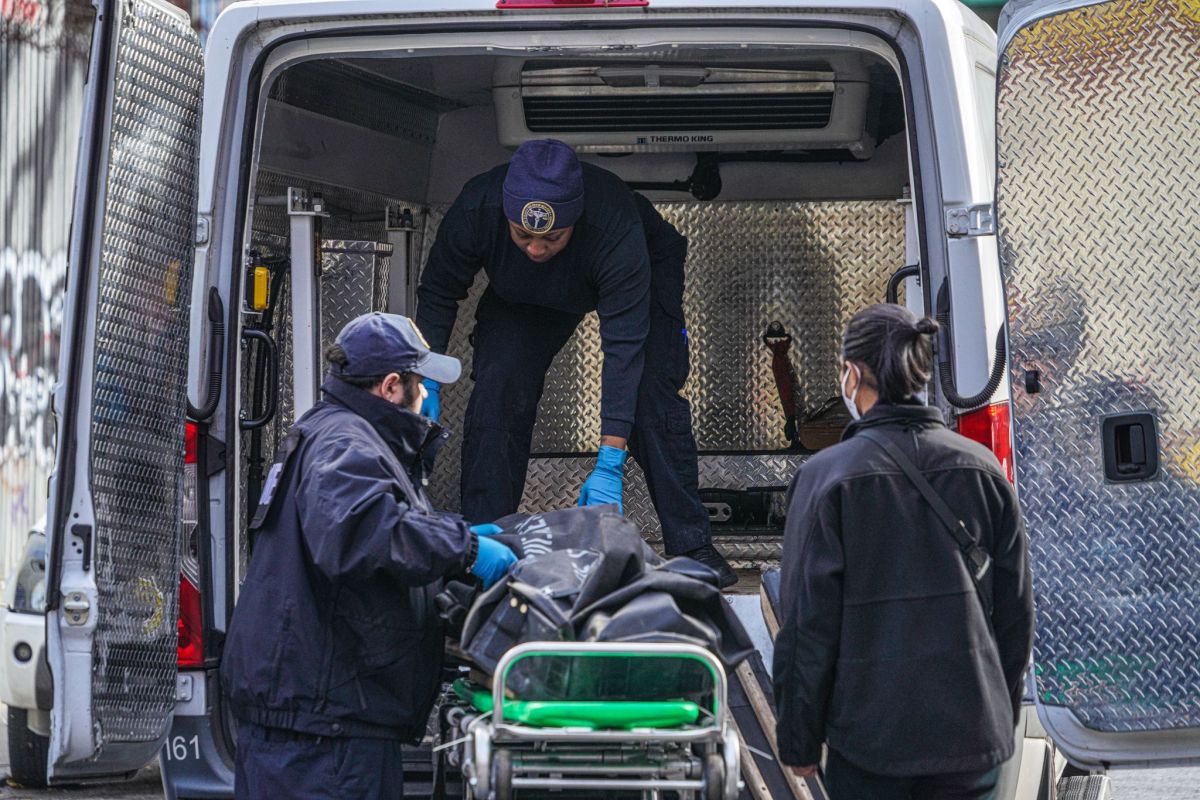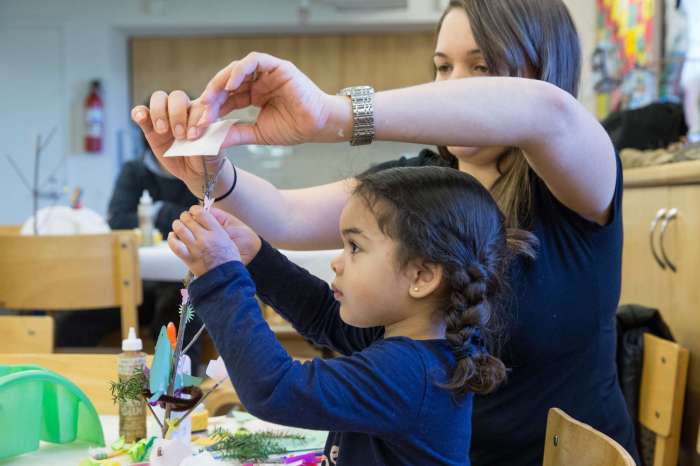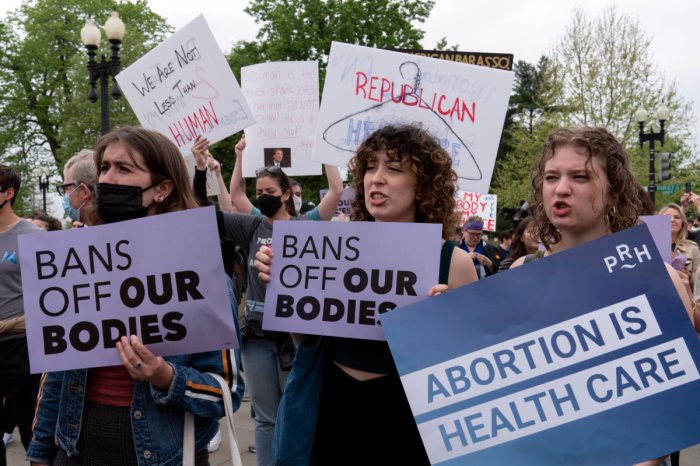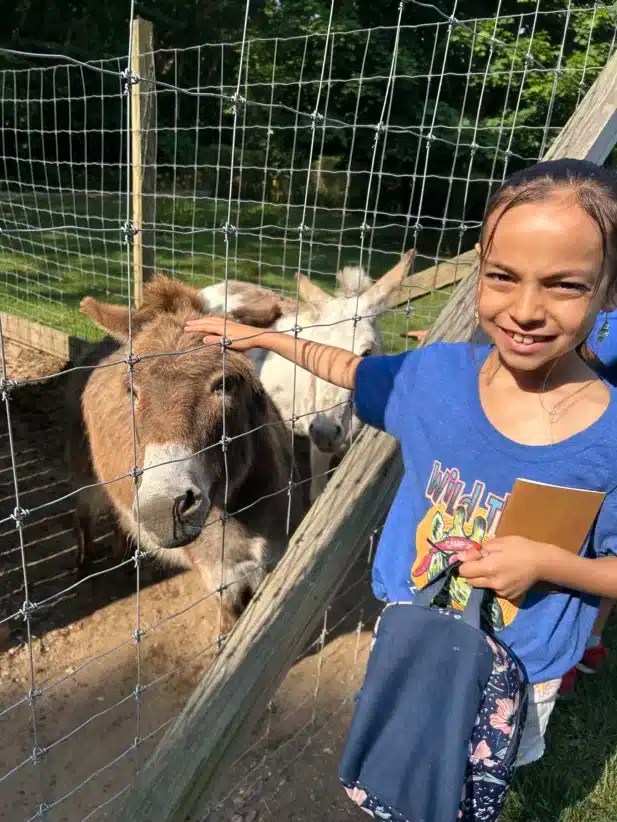Many of the health providers at Morrisania’s 1309 Fulton Ave., a building owned by New York City’s health department, provide services for a Bronx clientele in dire need of better health outcomes. On the building’s second-floor, the Morrisania Sexual Health Clinic is exploring the realm of positive outcomes when abortion care is unfettered and universally accessible.
The city-run clinic became the first in the nation to offer abortion pills for free, as a part of a $1.2 million rollout for sexual health services last month. The city’s rollout of abortion services will eventually expand access to four public health clinics and provide an avenue to the procedure at no cost to patients, health officials said.
In the aftermath of the Supreme Court’s decision last summer striking down Dobbs v. Jackson Women’s Health Organization, the city strengthened its abortion protections including measures from the Adams administration that paved the way for free medication abortions.
Of the 32 patients the Morrisania Sexual Health Clinic has treated since the city’s rollout, 34% have been Bronx residents, with 19% Spanish-speaking only patients and 16% age 21 or younger, Joaquin Aracena, assistant commissioner of the city Bureau of Public Health Clinics told the Bronx Times.
And there’s been positive results for detection and treatment, including the detection of asymptomatic chlamydia — the Bronx was the ninth-highest county in the U.S. in reported chlymidia cases in 2019 — and treatment and contraception plans for patients with HIV and sexually transmitted infections (STI).
In November, the Abortion Access Hub — a confidential service connecting those seeking abortion care to providers across New York City, as well as services for financial support, transportation and lodging — became the first municipally-run centralized abortion access hub in the country.
When a patient walks into the clinic coming off the Bx15 bus or calls the hub’s 1-877-NYC-AHUB number, in that moment they are free from political interference and social stigma on what best to do with their own bodies according to health officials.
It took East Bronx resident Keisha Edison, 46, roughly 30 years to be open with her family about receiving an abortion in her teenage years after a rape from a family member. In her words, it probably “saved her life.”
When compared to other demographic groups, Black girls and women have lower rates of access to and use of contraceptives, higher rates of unintended pregnancies, preterm births and infant deaths and maternal mortality.
In New York City, Black women are nine times more likely to die of a pregnancy-related cause than white women, and their rate of infant mortality is more than three times higher.
Edison told the Bronx Times, the decision to have that conversation transpired last year after the Dobbs decision and when her daughter became pregnant in college, after being raped.
“She was scared. She was calling me up talking about all these plans to have this baby at 21, and I just told her that I had to make decision when I was her age to get an abortion because I was not ready to carry or provide for a child,” Edison said. “I told her that there’s nothing wrong with getting an abortion. It’s actually a more common experience than you’d think. I wanted to remove some of that stigma she was feeling.”
While 1 in 4 women in the U.S. have an abortion by the age of 45, according to Dr. Laura Louison, assistant commissioner of the Bureau of Maternal Infant and Reproductive Health, layers of stigma around abortion care has challenged access to what has become a common medical procedure in public health.
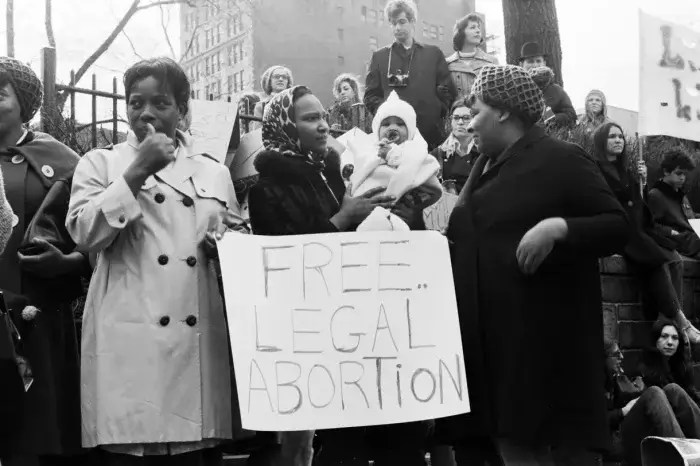
“I think the more that we can reframe the conversation as one around (reproductive) justice and around reducing stigma and ensuring that people have the means to take care of their bodies in the way that they want or choose to,” said Louison. “There are false beliefs that we have created in our society around abortion care. I think it’s really important to say that people are hurt when they don’t have access to abortions and when people are forced to continue pregnancies against their wishes, they take on the risks of pregnancy and labor and long-term economic challenges like parenting.”
Shifting the focus of U.S. abortion care from one of constitutional legality, leaders of the city’s abortion hub are framing sexual and reproductive health as one of access, with the goal to serve the systemically and historically underserved and in a stigma-free climate.
“When Roe v. Wade was overturned, it was a pretty easy decision for us … to expand on our services within the sexual health clinic because in the Bronx we know there are gaps in services (for abortion care access),” said Aracena. “It’s important for New Yorkers, especially our Bronx residents, to know that we are a stigma-free clinic. We are that safe haven for many individuals and we service all, regardless of insurance or immigration status.”
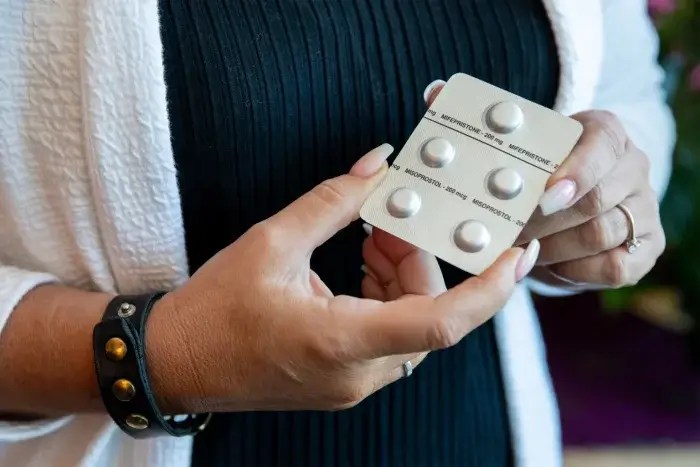
The disruptions may have contributed to as many as 2.7 million unexpected pregnancies in the pandemic’s first year and 1.2 million unsafe abortions in the first six months, the review states.
“New York does not have restrictions on abortion in the same way that other states like Texas have passed bans,” Louison said. “And so our city continues to be a sanctuary and a safe haven for folks who need abortion care. And we’re committed to including abortion access and reproductive justice as really critical facets of public health.”
Reach Robbie Sequeira at rsequeira@schnepsmedia.com or (718) 260-4599. For more coverage, follow us on Twitter, Facebook and Instagram @bronxtimes.

